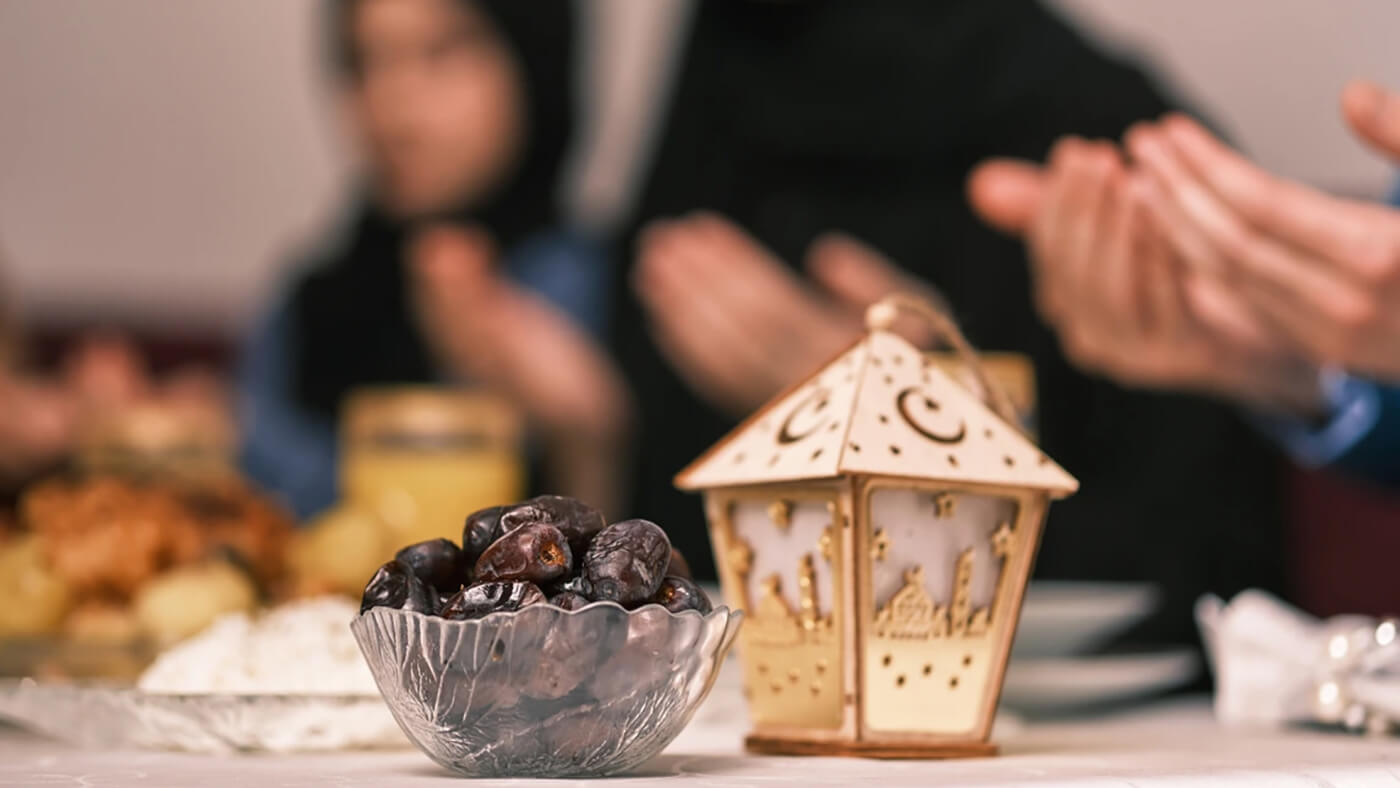Fasting has been prescribed for you so that you may attain piety.” JIH President
Addressing an Iftar gathering at the headquarters of Jamaat-e-Islami Hind, JIH President Syed Sadatullah Husaini stated that the blessed month of Ramadan is upon us, and we are all engaged in seeking its blessings to the fullest. This sacred month is known as the Month of the Quran; therefore, we strive to strengthen and deepen our connection with the Quran as much as possible during these days. This is the Month of Piety (Taqwa), and fasting has been made obligatory to instill piety within us. The Quran says, “Fasting has been prescribed for you so that you may attain piety.” In the light of this divine command, we all endeavor to nurture this quality within ourselves.
This blessed month is also referred to as the Month of Compassion (Muwasat) and the Month of Patience (Sabr). These key characteristics of Ramadan should always remain in our focus, and Muslims generally pay due attention to them. However, I believe that one crucial aspect – despite its importance – receives relatively less attention: Steadfastness (Istiqaamat). Ramadan is the Month of Steadfastness, during which Allah trains believers to remain firm on the principles of the Quran and the demands of faith.
Once, a Companion of the Prophet (ﷺ) asked, “O Messenger of Allah, give me such advice that I will never need to ask anyone else.” Essentially, he sought the essence of Islam in a concise manner. The Prophet (ﷺ) summed up Islam in a single sentence: “Say, I believe in Allah, and then remain steadfast upon it.” Thus, faith is about standing firm on one’s beliefs. Through fasting by controlling our hunger, thirst, and desires – we train ourselves in steadfastness. This steadfastness must manifest throughout our lives, whether in Ramadan or beyond.
Similarly, Ramadan is also the Month of Struggle (Jihad) – a month of perseverance and endurance. History testifies that many significant battles were fought during Ramadan. The Battles of Badr and Uhud took place in this sacred month. A major portion of the Battle of Khandaq (Trench) occurred during Ramadan, and the return from the Battle of Tabuk also took place in this month. These historical events highlight that while the Prophet (ﷺ) devoted himself to worship, recitation, and nightly prayers during Ramadan, he also undertook significant military expeditions and struggles in the scorching deserts of Arabia.
Syed Sadatullah Husaini emphasized that he specifically mentioned steadfastness and struggle because the current circumstances of Indian Muslims demand these two qualities more than ever. Regardless of the challenges we face, however difficult the circumstances may be, we must remain firm in our principles with unwavering steadfastness. We must stand strong in our faith, beliefs, and mission. Whatever sacrifices or efforts are required, we must always be prepared for them. Indian Muslims can overcome these hardships and emerge victorious from these testing times only if they cultivate the qualities of steadfastness and struggle within themselves.
Therefore, during this blessed month, we must pay special attention to these two traits alongside other spiritual objectives. Our focus should not be limited to the outward forms of worship but should also encompass their true spirit and purpose. May Allah grant us piety, patience, compassion, steadfastness, and struggle, Ameen.
The spiritually uplifting Iftar gathering was attended by approximately 800 distinguished guests, including notable political, social, and other respected figures from the city.




